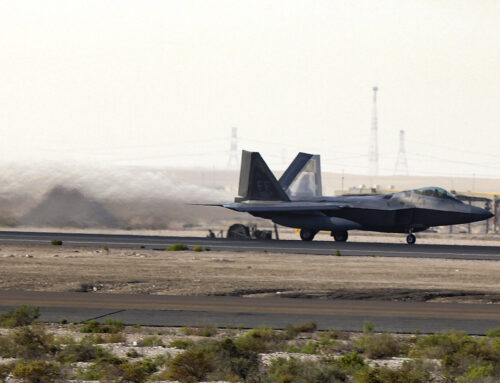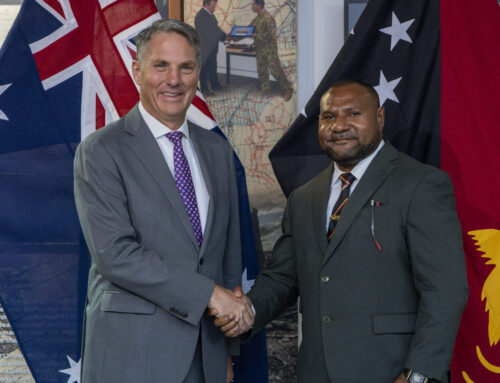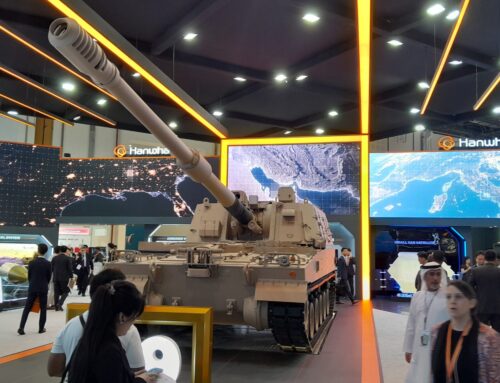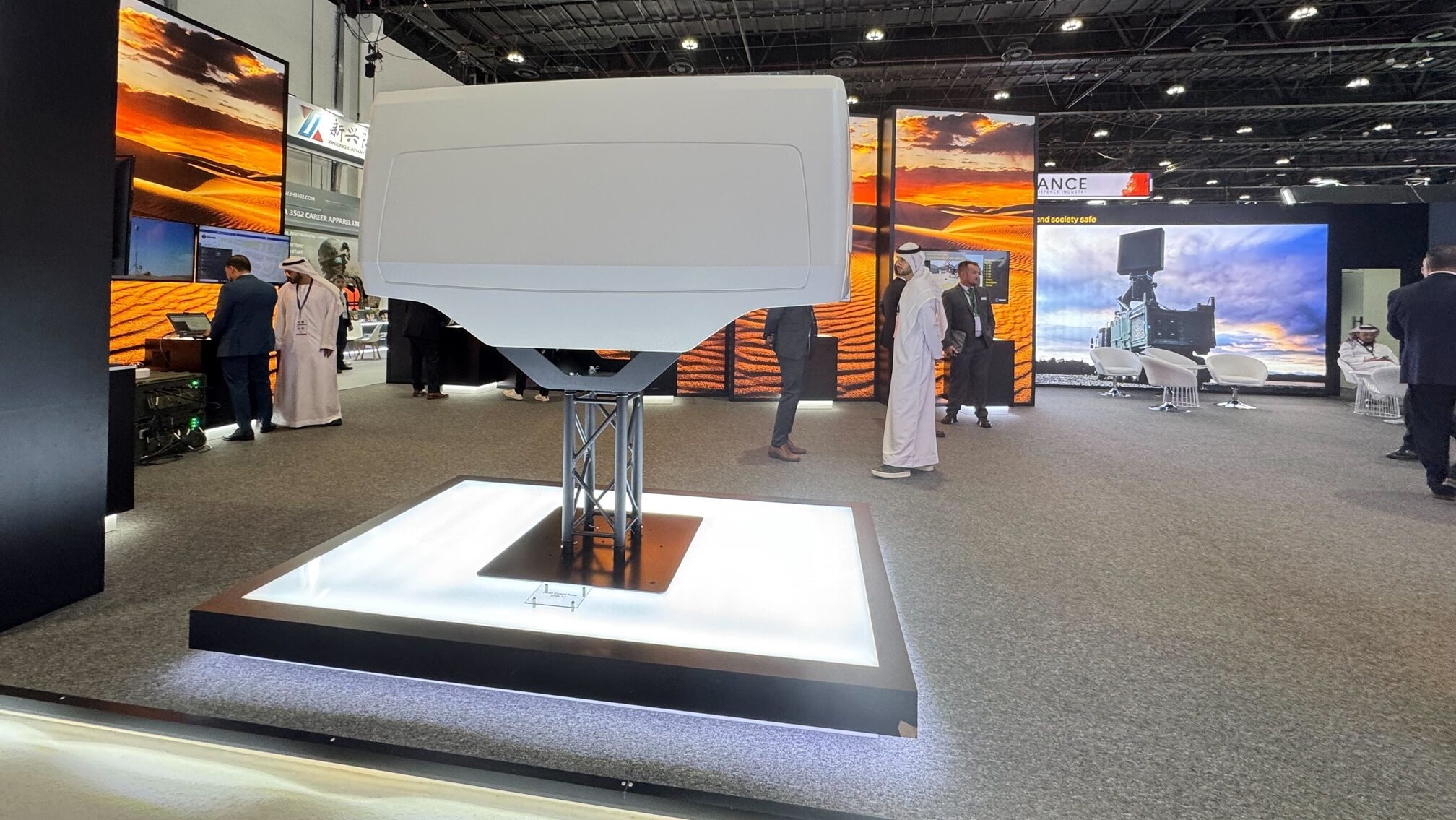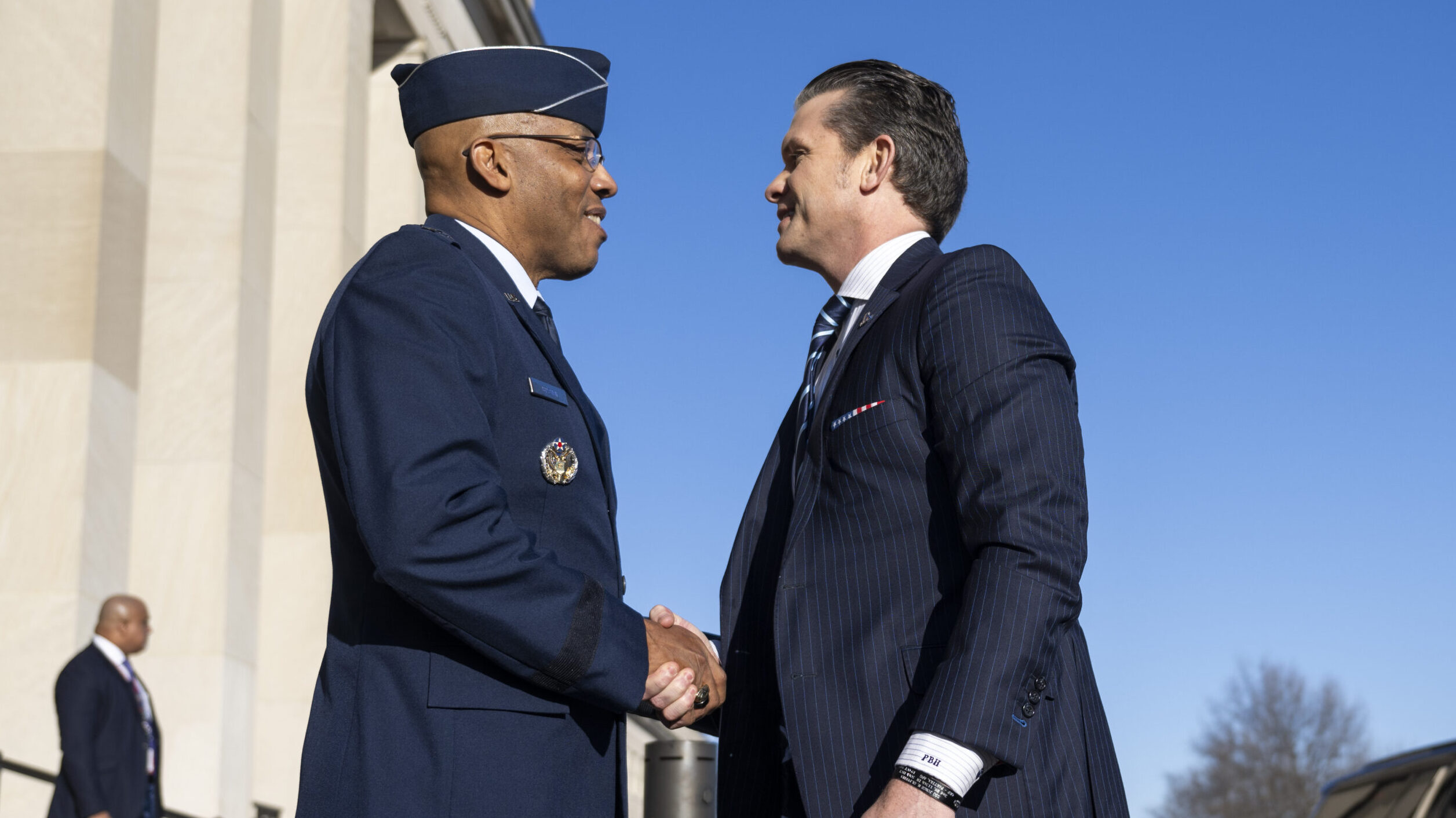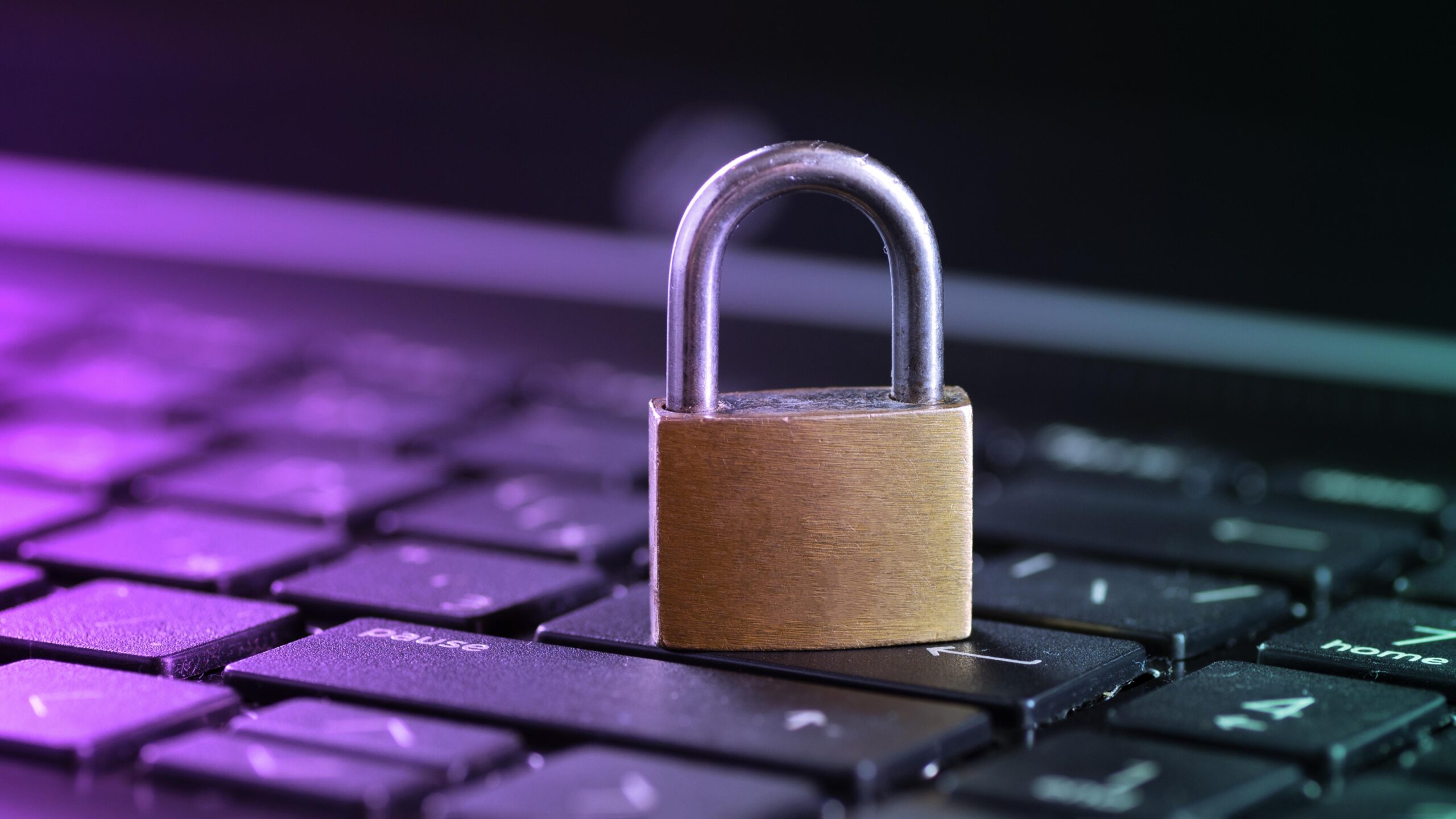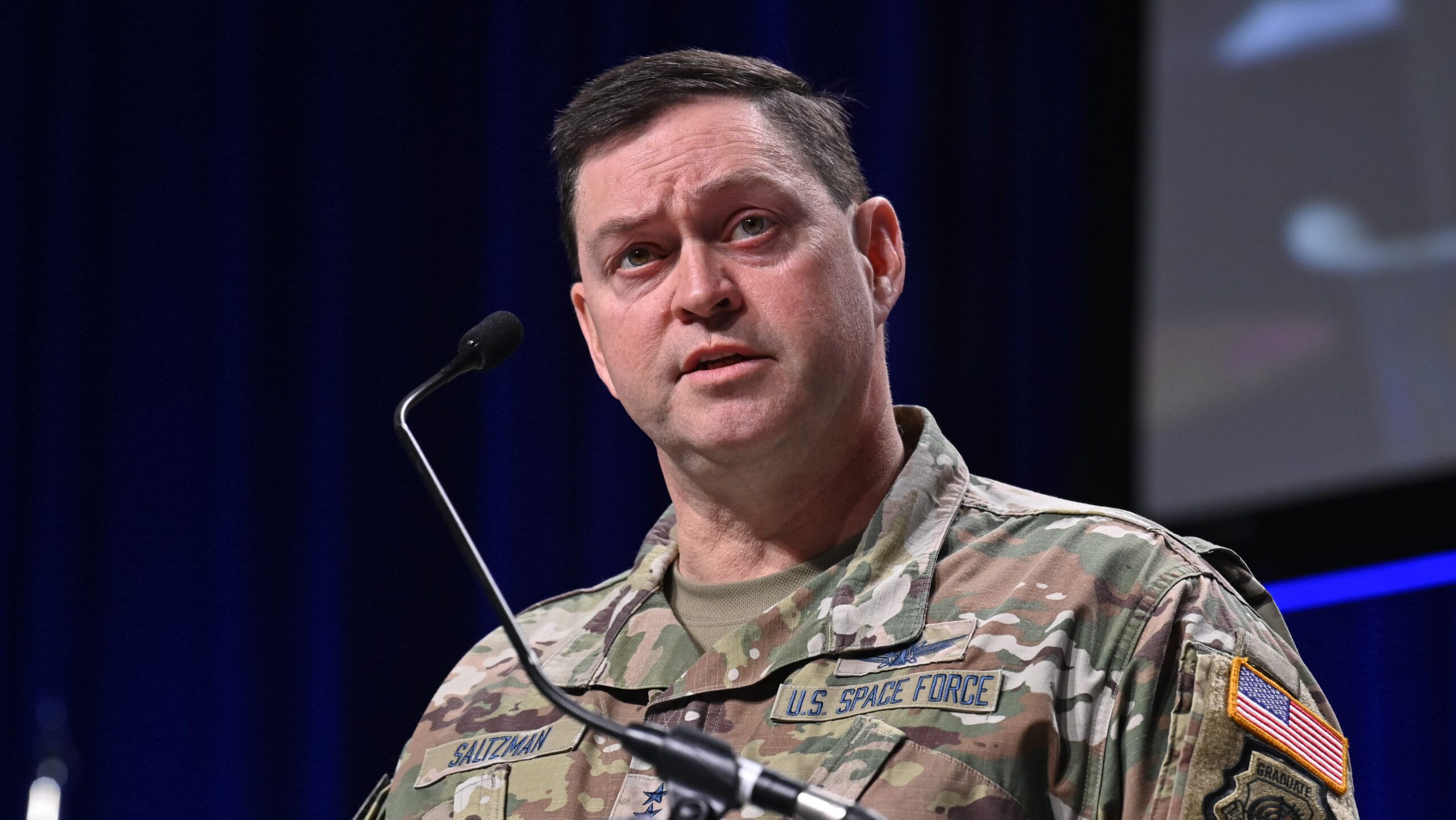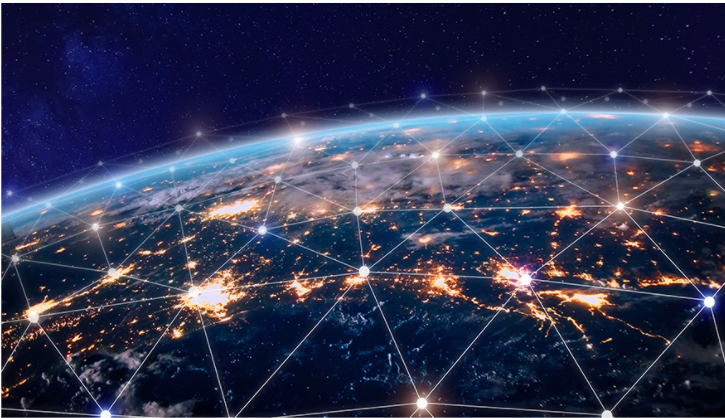BELFAST — John Healey, UK Defence Secretary, has called on the Trump administration to commit to a security “backstop” for Ukraine, saying that “it is only the US that can provide the deterrence to Putin that will prevent him attacking again.”
Healey said that the UK Prime Minister Keir Starmer and US President Donald Trump will discuss the backstop plan when they meet in Washington next week.
But his comments at the Institute for Government think tank today, arrived before US and Russian officials held bilateral peace talks in Saudi Arabia, where Sergei Lavrov, Russia’s foreign minister, said deployment of NATO troops to Ukraine is “unacceptable,” according to various reports.
Washington and Moscow also agreed to “appoint respective high-level teams to begin working on a path to ending the conflict” in Ukraine, said the US State Department. The new pact once again excludes Europe and Ukraine from a direct role in peace negotiations.
“We need a security guarantee for Ukraine in Ukraine that is capable of delivering what President Trump has pledged and says he wants, which is a durable peace that requires an end to the Russian attack and no repeat of that in the future,” said Healey.
“The European countries have to play a leading part in that guarantee, but require a backstop from the US, because, in the end, it is only the US that can provide the deterrence to Putin that will prevent him attacking again.”
Starmer said on Sunday that he is “ready and willing” to deploy UK forces to Ukraine as a security guarantee for Kyiv connected to a peace deal, but Healey declined to comment on troop numbers linked to a minimal, credible force that London could deliver.
“The one thing I’m not going to do, is discuss details of the work that we’re doing, the discussions we’re having with allies and with the US, because the one thing I don’t want to do is make Putin any wiser,” he said.
US-European security relations were thrown into disarray when US Vice President JD Vance told the Munich Security Conference that Europe’s primary threat sits “from within” not with Russia, accusing the continent of suppressing free speech and media censorship, but Healey appeared to downplay the impact of those messages.
Somewhat surprisingly, he responded “no” when asked if US “interventions” in Munich had changed his assessment of the state of European security. German Chancellor Olaf Scholz, for example, publicly mocked Vance for failing to focus more on Ukraine and US security relations with Europe rather than attacking democracy across the continent.
Healey, who attended the Munich event with UK Foreign Minister David Lammy, instead praised comments from Pete Hegseth, US Defense Secretary, at the last Ukraine Defense Contact Group meeting, around the need for Europe to increase defense spending and do more for its own security.
“The content of his [Hegseth’s] messages was not new, what was so striking was the recognition and agreement by the European nations at that meeting and in the discussions I chaired, recognizing, we’ve been stepping up, but recognizing and making the commitment that we must do more and we will,” he said.
The UK currently spends around 2.3 percent GDP on defense but will “set out a path” to reaching 2.5 percent GDP in the spring, added Healey, despite Hegseth calling a figure of 5 percent “a model for the continent” of Europe.
Drawing on UK defense reform plans which he framed as the “biggest shake up of UK defense for over 50 years,” Healy said that a new “quad” of senior UK MoD leaders will take office from 31 March. The quad is made up by a new armaments director (not yet in post), permanent secretary (chief accounts officer) David Williams, chief of the defence staff Adm. Tony Radakin and chief of defence nuclear Madelaine McTernan.
“This new quad will lead a defense [department] which is more concentrated on warfighting, readiness and on deterrence,” he added.
Forced to reckon with the reality of a more turbulent transatlantic relationship and exclusion by the US on peace talks, European leaders convened at an emergency meeting in Paris on Monday to discuss security guarantees and putting troops on the ground in Ukraine, as part of a peace deal.
“After bringing together several European leaders, I have just spoken with President Trump
and then with President Zelenskyy,” said French President Emmanuel Macron on X. “We seek a strong and lasting peace in Ukraine. To achieve this, Russia must end its aggression, and this must be accompanied by strong and credible security guarantees for the Ukrainians.”
The French President’s Office did not share details of the discussion between Macron and Trump, according to the UK’s Guardian newspaper.
Commenting on the talks with Macron, Ukraine’s President Volodymyr Zelensky said on social media that they both hold a “common vision” based on the idea that security guarantees “must be robust and reliable.”
He added, “Any other decision without such guarantees—such as a fragile ceasefire—would only serve as another deception by Russia and a prelude to a new Russian war against Ukraine or other European nations.”


